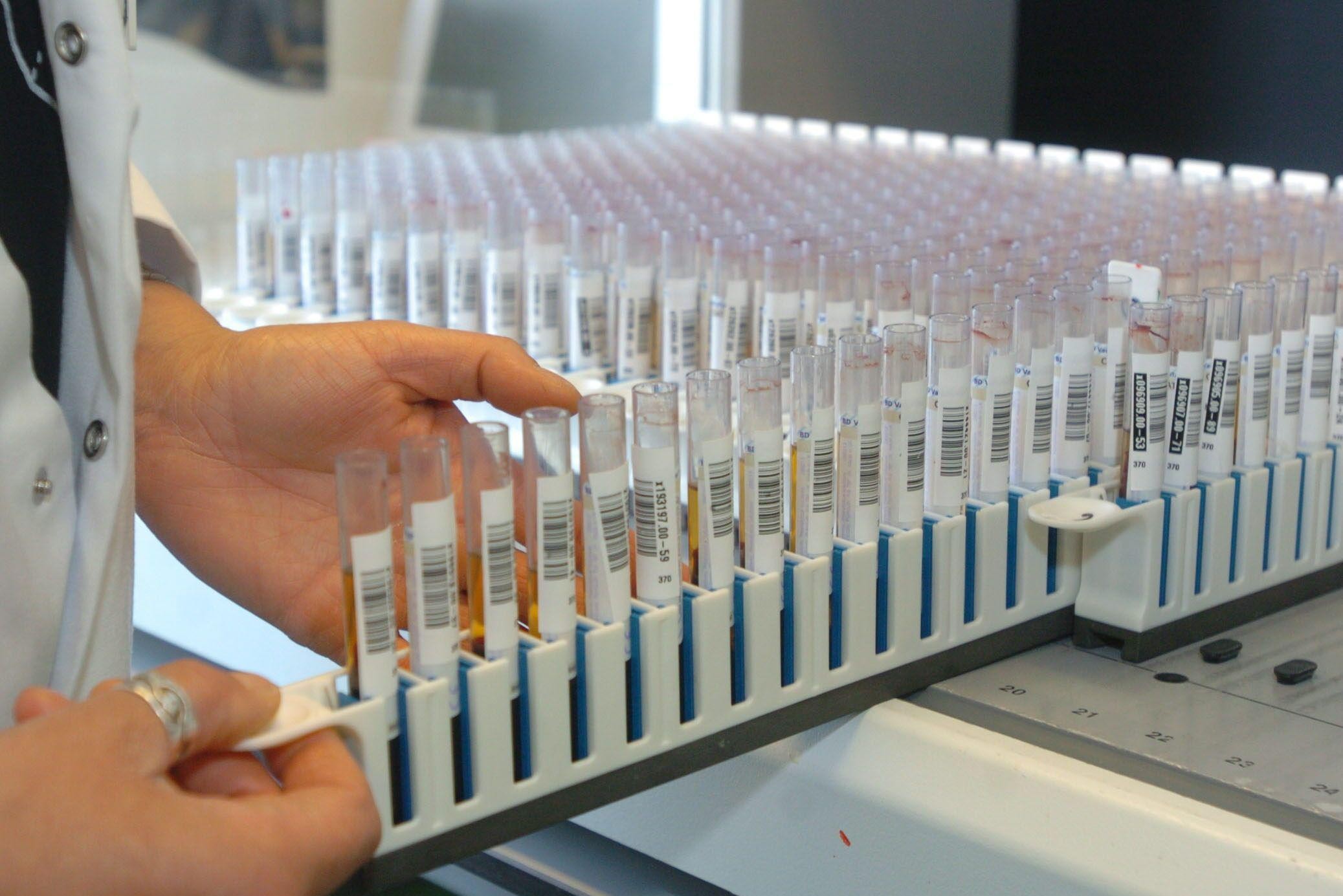© BELGA
–
Sciensano goes back to October 1 to investigate suspected cases for the unknown form of acute hepatitis in children. That says Steven Van Gucht, virologist at the health institute.
–
Bron: BELGIAN
—
In Belgium there are now two confirmed cases. It concerns two children under the age of 10 who were hospitalized for a while with liver inflammation. There is no link between the two.
Van Gucht expects the number of confirmed cases to increase next week. Investigations into “a number” of possible cases are currently ongoing, says the virologist. This concerns children up to the age of 16 with acute liver infections for which the cause has not been found, but for whom additional analyzes still have to be performed.
Sciensano also works retroactively. The health institute will be examining cases from 1 October. “So that includes fairly old cases,” says Van Gucht.
Acute life inflammations for which no cause is found have therefore been occurring for some time. “That in itself is nothing new,” said the virologist. “What has set off the alarm bells is that some countries have seen more cases in a shorter period of time than expected. It seemed to be rarer before.”
Across the European Union, the European Center for Disease Prevention and Control (ECDC) on Thursday reported 55 confirmed cases of the acute hepatitis of unknown origin in children in 12 countries. In the United Kingdom, the counter stood at 166 last week.
There is currently no explanation for the uprising. As a possible culprit, the focus is mainly on adenoviruses. “They are everywhere,” says Van Gucht. “Very occasionally these could lead to inflammation of the liver. That may depend on, for example, genetic factors or other cofactors.”
Both confirmed cases in Belgium already tested positive for adenoviruses.
—


